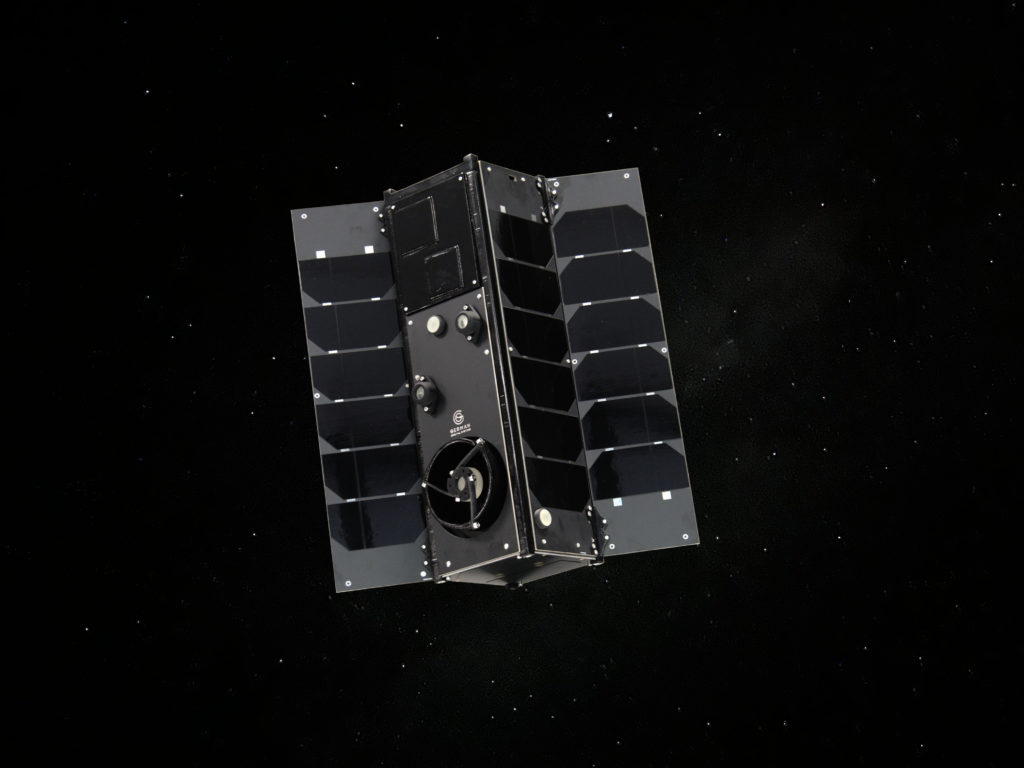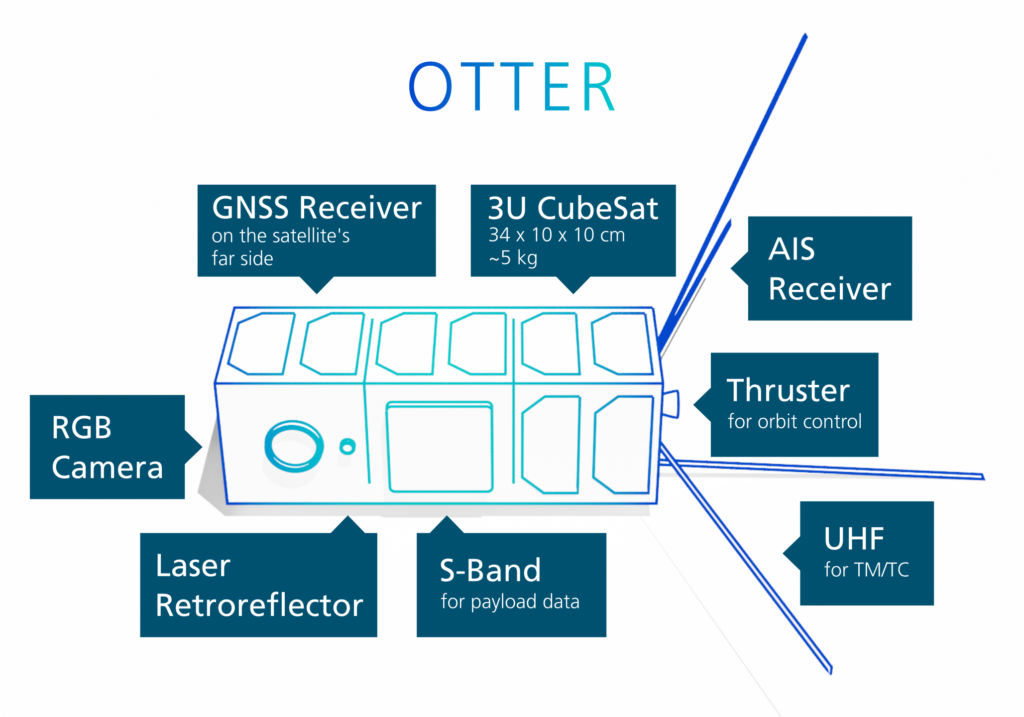Optical Traffic Tracking Experiment for Responsive Space
Civil and military processes are becoming increasingly dependent on space-based infrastructure. Responsive Space aims to realise, restore or expand space-based capabilities in a responsive manner. The Responsive Space Cluster Competence Centre (RSC³) of the German Aerospace Center (DLR) is establishing a technology base at the Trauen site between Hamburg and Hanover for research and development activities on this topic.
The small satellite mission OTTER (Optical Traffic Tracking Experiment for Responsive Space) is making a contribution: This experiment involves the planning, integration, launch and operation of a small satellite in collaboration with industrial partners. To this end, the RSC³ is supporting an accelerated process of satellite development, monitoring the current status in the industry and identifying any remaining gaps in order to drive forward research into standardised, flexible, modular hardware and software suitable for use in space.
The OTTER nanosatellite (on display at the DLR stand at ILA 2024 as a 1:1 scale 3D printed model) was ready for flight within nine months and is set to be launched into space on the first flight of ISAR Aerospace’s Spectrum rocket in the second quarter of 2024. Once the OTTER has been deployed at an altitude of 250 kilometres, it will reach an altitude of 400 kilometres after the LEOP (Launch and Early Operation Phase) using its electric propulsion system, where it will remain for its two-year service life.
The camera and AIS receiver will be used to detect signals from cooperative maritime targets and confirm their position optically. These components can be seen in the 1:1 model. In collaboration with the DLR Institute for the Protection of Maritime Infrastructures, the data will be merged with that of other sensors and provide information about illegal fishing, ships in distress, oil spills or signal manipulation on the high seas. Experiments on laser tracking and positioning from the ground will be carried out using retroreflectors developed by the DLR Institute of Technical Physics.
Links:
German Aerospace Center (DLR)
Responsive Space Cluster Competence Center
E-Mail contact-dlr@DLR.de

